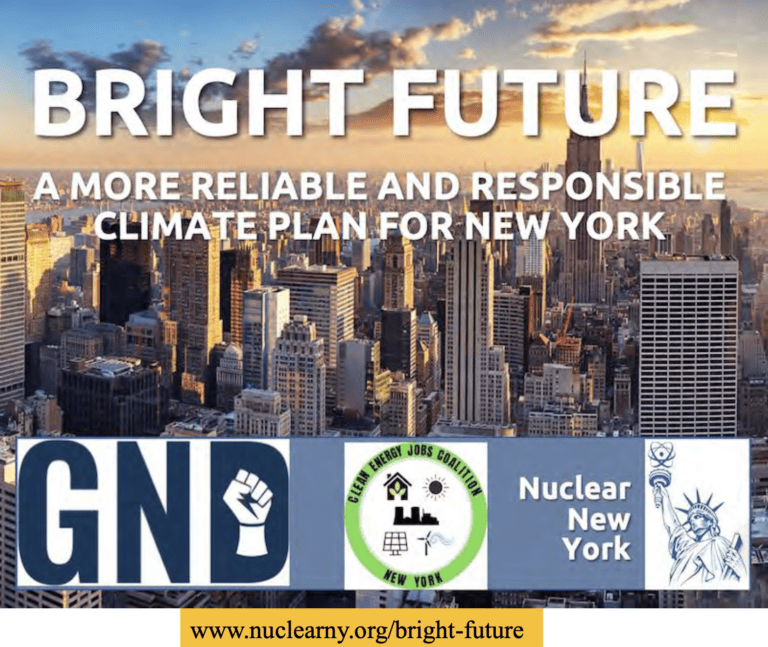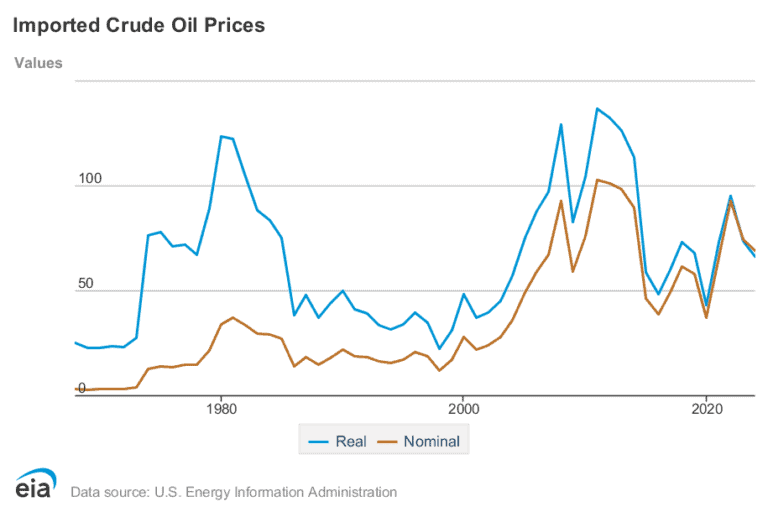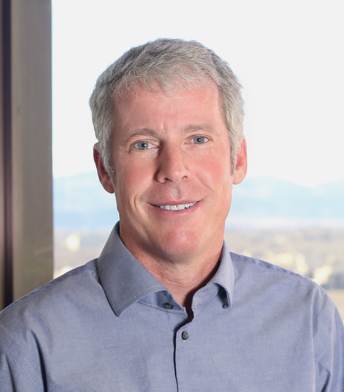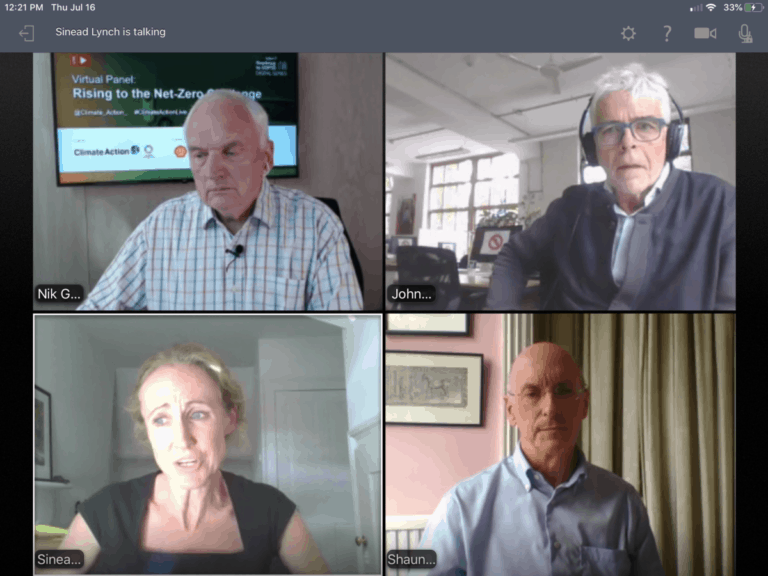Atomic Show #304 – Len Rodberg, Nuclear New York
Dr. Leonard Rodberg spent most of his adult life being opposed to nuclear energy. A half a dozen years ago, he abruptly changed his mind. Ever since, he has been a strong and vocal advocate for the increased use of nuclear energy. On Atomic Show #304 Len and I discuss his education, career, his changing…




